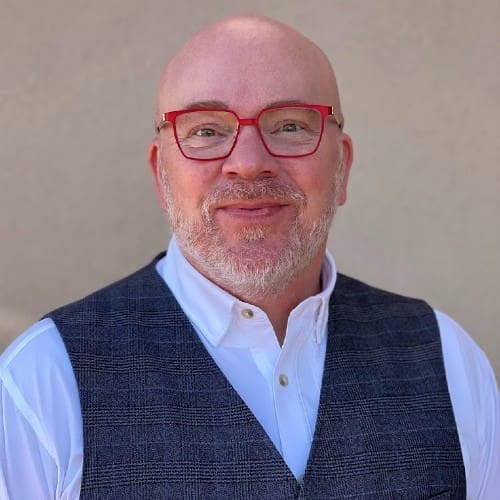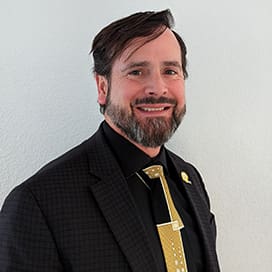Master’s Concentration
Organizational Development
Spearhead the change you wish to see at your organization! Learn to connect culture, structure, and strategy, and manage change by leveraging organizational development best practices. You’ll gain insight into the history and challenges of organizational development, then learn to construct a diagnosis plan, synthesize data, and communicate your findings while adhering to a personal philosophy about organizational development.
We're Here To Help
*Indicates a required field.
At a Glance
Classes Begin
June 17
Term Length
10 Weeks
Master's Degree
Tuition
$40,032

Top-Ranked University
U.S. News & World Report Rankings

Talk to an Enrollment Manager
Brian Cicero
303-871-4329
Schedule an appointment
Email me
If you plan to study on an F-1 or J-1 visa, contact Tracy Joosten.
Free Application
University College is committed to educational access, and given the difficult circumstances currently impacting millions of people, we are waiving application fees.
Skills You’ll Learn
Create organizational assessments
Curriculum
5
Core Courses
4
Concentration
Courses
3
Elective Courses
Featured Instructors
Sample Schedule
Plan out your schedule and determine your preferred timeline for completing your master's degree—finish in as few as 18 months or take up to five years.
Interested in a graduate certificate?
Explore our four and six course graduate certificates in Organizational Development.
Take a Course Before You Apply
We know how important it is to get started when you’re ready and that’s why you can enroll in a course before you officially apply.
Career Outcomes
Predicted outcomes for graduates of Organizational Development
The job outlook for training and development specialists is expected to grow 11% through 2030. One major factor for growth is due to the constant need for workplace training and education.
Job Titles
Training and Development Specialist Salary: National Average
$59,020
(U.S. Bureau of Labor Statistics)
Get Ahead with Career Services
One-on-one career coaching and mock interviews
Job database dedicated to DU students and alumni
Résumé and cover letter guidance
Hear from Our Students
Theme: Job Satisfaction
Organizational Leadership
Flexible Online Classes
We understand the demands of balancing work, friends and family, and school can be challenging. That's why at University College, you can complete your program entirely online. Our online learning platform makes it easy to work anywhere at any time.
Accreditation

Higher Learning Commission
University College programs maintain the highest level of accreditation offered by The Higher Learning Commission, one of the regional accrediting bodies recognized by the federal government. The University of Denver and all of its academic programs are regionally accredited by this commission, and regional accreditation is the highest standard for universities in the United States.
Take the Next Step










